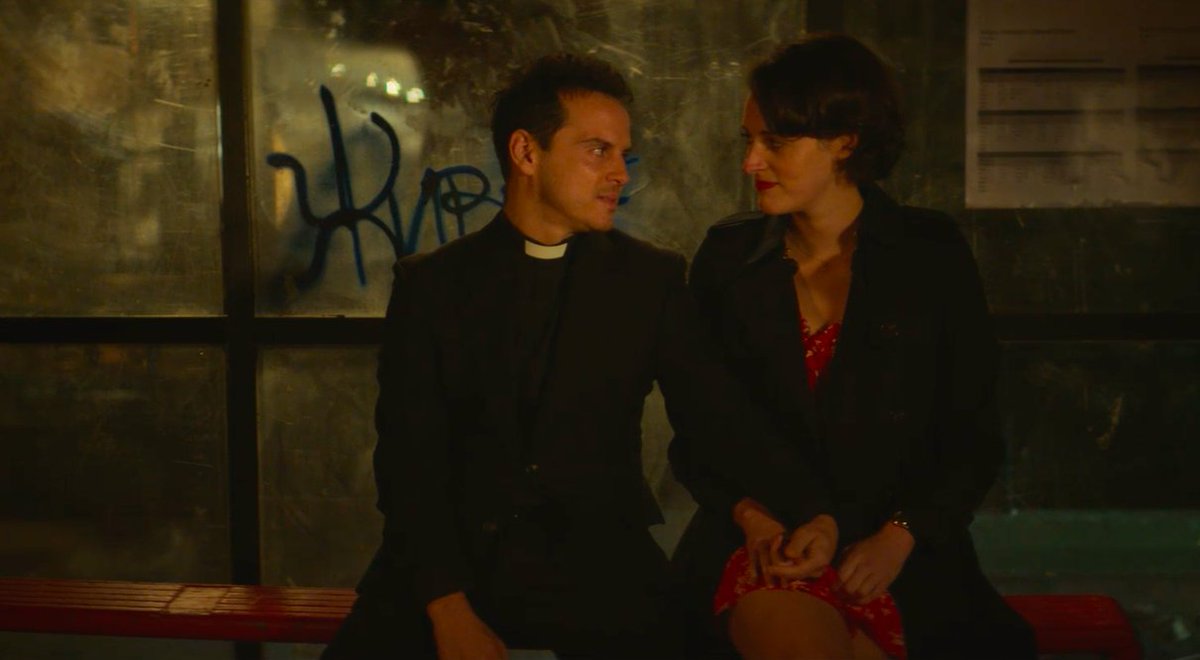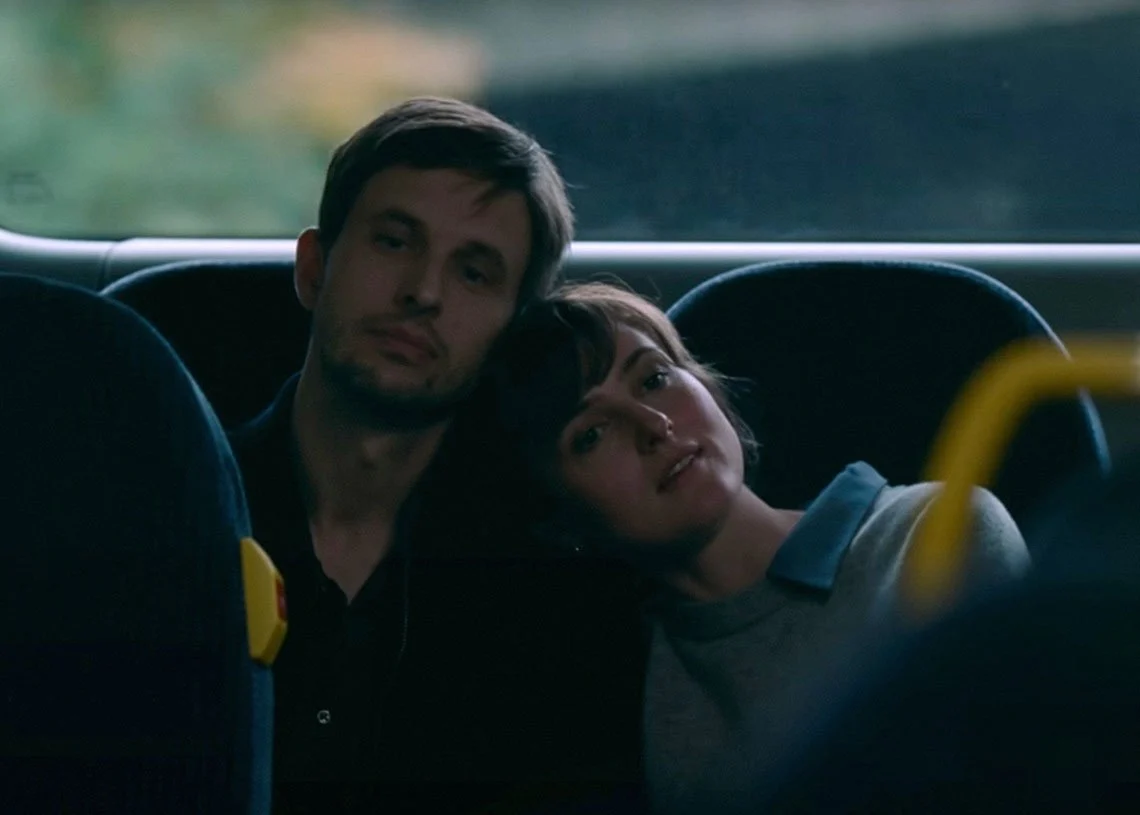“When you know, you know!” That’s something we hear all the time in Provo, even though none of us really know what we’re doing in life, especially when it comes to love.
Still, we’ve been fed a narrative throughout our lives — whether through movies and media we’re exposed to or through the BYU couples who get engaged after two months of dating — that love is magical, inevitable and easy for everyone.
But like Lana Del Rey sings, “Sometimes love is not enough and the road gets tough, I don’t know why.” Just because you love someone doesn’t mean it’s going to work out. You have to be strong enough to make the best choice for both of you.
We recently watched the television masterpiece “Fleabag,” an unconventional story about a woman navigating love and tragedy in unhealthy ways. At the end of Season 2 (Spoiler alert!) she finally starts to figure out how to love another person — but unfortunately he’s a priest.
Even though they love each other, they ultimately have to choose separate paths: She chooses to keep working on becoming healthy and happy on her own, and he chooses devotion to God.

We were both devastated by this ending, which resulted in hours of sobbing and screaming at the television (at least for one of us. Not naming names).
However, after further contemplation, we have decided “Fleabag” taught us important lessons about the reality of love. The main character and the priest realized they couldn’t continue to grow with each other, as much as they wanted to, because they had different values and directions they needed to go.
They learned love isn’t everything, that you need to be able to learn to stand on your own and healthily cope with life’s trauma before you take on another’s burdens, too.
That isn’t to say their love was in vain; love isn’t always timely, but it always helps you grow, even if it doesn’t work out. Love is a great, messy experiment that ultimately teaches you more about yourself and helps you experience some of the greatest joy there is: connecting with another person.
We just can’t be unrealistic about how that love will look, and “Fleabag” teaches that perfectly.

We can see this important, nontraditional way of explaining love in other movies, too. In “(500) Days of Summer,” Tom falls for Summer, who doesn’t want to be anybody’s girlfriend, and she breaks his heart — only to later marry another man.
We were heartbroken for Tom, but we also recognized he wasn’t the best fit for Summer. Tom’s little sister Rachel told him, “Just because she likes the same bizzaro crap you do doesn’t mean she’s your soulmate.” It wasn’t enough that he loved Summer; they had to work well together, and she eventually found someone who she wanted to be with. It just couldn’t be him.
Another film we watched recently that offers a nuanced view on love is “The Worst Person in the World.”
In this movie, we watch the main character, Julie, navigate the innately human experience of self-discovery and falling in love. We see her experience joy, connection and contentment in her relationships.

However, we also see her make mistakes, hurt people and sacrifice pieces of herself in order to make relationships work. Julie loses out on big parts of her life because she’s too afraid to commit.
Ultimately, the ending is not what audiences would generally prefer, similar to “Fleabag” and “500 Days of Summer” — it’s not the classic, happy, romantic ending we are used to seeing on screen.
The film’s director, Joachim Trier, said he wanted to make a film about love that “goes a bit deeper than normal on-screen love stories, where everything is so simple, the stories so clear-cut, the feelings so admirably unambiguous.”
Trier said he wanted to make a film that would instead “look seriously at the difficulties of meeting someone when you’re struggling to figure out your own life… and how complicated (love) is, even for romantics.”
It’s important to be exposed to these types of stories because they allow us to experience the messy reality of love, uncertainty and heartbreak instead of setting us up for failure through unrealistic expectations like “Love conquers all” and “When you know, you know.”
All aspects of love and relationships are hard. Being lonely and working on yourself hurts. Not being with someone you love and who loves you back hurts. Working on building a life with someone is going to be difficult and painful. But it’s a great sign of hope that people choose love again and again, even when it’s messy. We think it’s because humans know just how vital it is to learn these things through trying to love other people.
It’s a good thing we don’t have to learn it all on our own, though: We can see our experiences reflected in realistic, nontraditional television and find clarity as we examine what goes wrong in our own attempts at love (Thank you for making “Fleabag,” Phoebe Waller-Bridge!).
Just as the priest said in Season 2 Episode 6 of “Fleabag,” “Love isn’t something that weak people do. Being a romantic takes…a lot of hope.” It’s brave that we keep trying.
It’s brave that we tell and watch stories that show the truth.
– Emma Keddington and Gabrielle Shiozawa
Winter 2022 Metro Editor and Copy Editor




